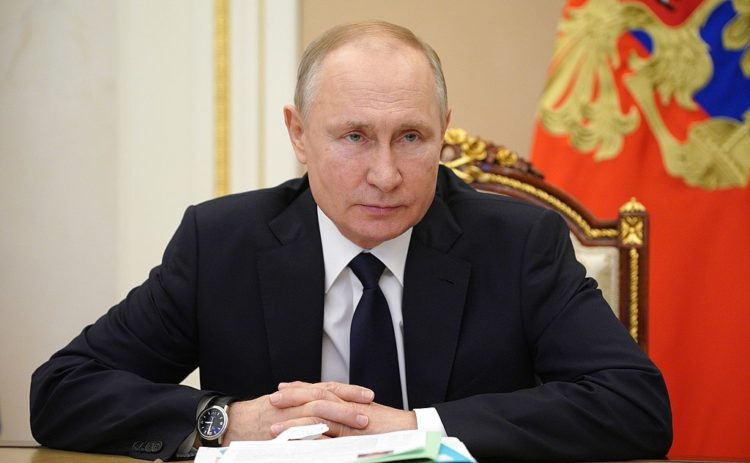Many mothers initially appealed to their local committees for help in getting information about sons sent to Ukraine. As the war continued, however, soldiers’ mothers have not been using the committees to articulate their concerns and amplify their voices.
They have, instead, turned to social media, initially to search for posts that might provide them with information about their loved ones, and then to create digital communities as alternatives to the old-style committees of soldiers’ mothers.
Without the backing of the committees of soldiers’ mothers, with their valuable networks and experience, the mothers of Russia’s soldiers fighting in Ukraine are not able to speak with one voice. Instead, they organise on a much smaller scale, typically around units that their sons serve in, a particular military incident, or the regions where their sons were recruited from. Their messages are therefore fragmented and often inconsistent, although there are some themes.
They are focused, first and foremost, on the welfare of their sons, although the mothers’ concerns do not necessarily translate into straightforward opposition to the war itself.
Instead, mothers’ demands are often couched using the language of patriotism and are simultaneously supportive of the Kremlin and critical of Russia’s military leadership, for example by calling upon the state to prepare their sons more effectively for combat.
Army provides employment
In many parts of Russia with high levels of socio-economic deprivation, the family’s economic survival is dependent upon the military service of their sons. The army offers employment and the opportunity for a respectable career.
For these mothers, a soldier son who is killed in combat is a double tragedy: the loss of the loved one as well as the loss of the salary that sustains life for others. It is no wonder that some of the mothers of Russia’s fallen soldiers call upon the state to provide them with financial compensation.
📝🇷🇺Putin tells soldiers' mothers 'I share this pain' in Moscow meeting: Russian President Vladimir Putin tells a group of soldiers' mothers that he, and the rest of the country's leadership, "share this pain". During the meeting, in Moscow, Putin assures the mothers that Russia pic.twitter.com/lPbe8Ujyj1
— 🌐World News 24 🌍🌎🌏 (@DailyWorld24) November 26, 2022
The “partial mobilisation” announced by Vladimir Putin in September has added a further layer of complexity, introducing a new category of soldiers’ mothers: mothers of men who might unwillingly become soldiers.
The reluctance of their men to be mobilised has placed these women in direct, if covert, opposition to the state. They have protested on the steps of military recruitment offices and helped men to escape over borders.
Given the very limited opposition shown by soldiers’ mothers to the war, the Russian state might be expected to pay little attention to this group. In fact, it is just the opposite.
The Russian state wants the approval of soldiers’ mothers and feels the need to respond to their concerns because, especially during wartime, they command a great deal of public respect and moral authority. At the same time, it simply does not trust them to spontaneously articulate the “correct” views.
The Kremlin’s solution is to create carefully staged performances that give the appearance of unity (see main photo). A prime example was Putin’s televised meeting in November with a group of women who may be soldiers’ mothers but who are far from ordinary.
All were carefully chosen, some for their connections to national or regional political elites, others for their membership of patriotic organisations that openly support the war.
Where does this leave the mothers of Russia’s soldiers? Our research is still ongoing, but we do not expect soldiers’ mothers to lead mass protests condemning Russia’s invasion of Ukraine. We do, however, see more subtle forms of resistance which, over time, are contributing to the erosion of Russian society’s support for the war in Ukraine.
***
This piece is written by Jennifer Mathers, Senior Lecturer in International Politics, Aberystwyth University and Natasha Danilova, Lecturer in Politics and International Relations from the University of Aberdeen. Want to feature your story? Send your draft here today.
![]()










COMMENTS